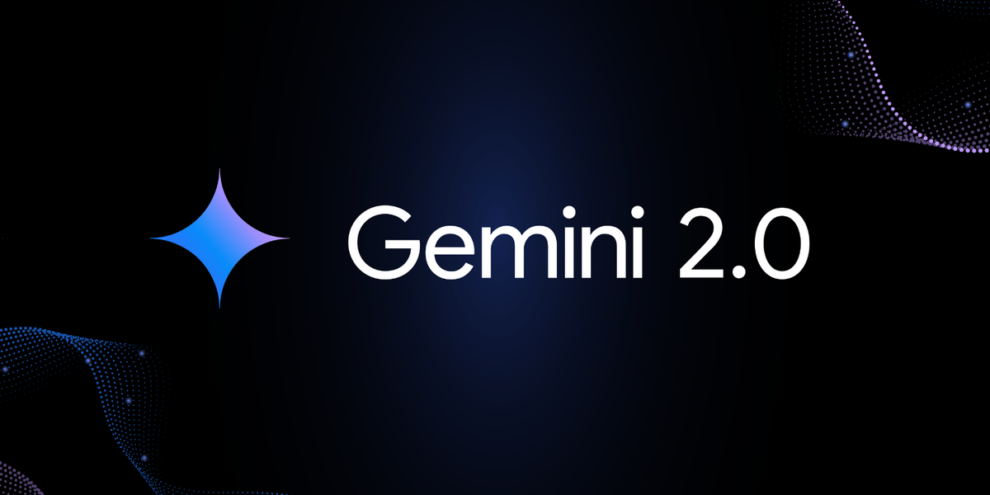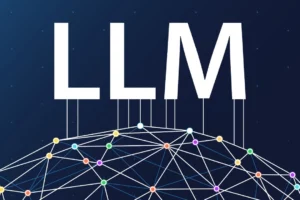Google has unveiled Gemini 2.0, marking the company’s bold step into what it calls “the agentic era” of AI. This latest iteration of Google’s flagship AI model represents a significant evolution from its predecessor, introducing capabilities that promise to transform how humans interact with and benefit from artificial intelligence.
Announced by Google and Alphabet CEO Sundar Pichai alongside Google DeepMind’s leadership, Gemini 2.0 builds upon the foundation laid by its predecessor while introducing revolutionary features that enable AI to act more autonomously on behalf of users. The new model is designed to understand more about the world, think multiple steps ahead, and take supervised actions, representing a significant advancement in AI capability and utility.
At the heart of this release is Gemini 2.0 Flash, an experimental version that showcases enhanced performance while maintaining low latency. Notable improvements include the ability to not only process but also generate multimodal content, including images mixed with text and multilingual audio through steerable text-to-speech technology. The model’s integration with Google’s suite of tools, including Search and code execution capabilities, along with support for third-party functions, demonstrates its versatility and practical applications.
The launch is accompanied by several ambitious research initiatives that showcase the potential of agentic AI. Project Astra, an evolution of Google’s universal AI assistant research, now features improved dialogue capabilities, enhanced tool integration, and extended memory capabilities that allow for up to 10 minutes of in-session recall. This development suggests a future where AI assistants can maintain more natural, context-aware conversations while better serving users’ needs.
Perhaps most intriguingly, Google has introduced Project Mariner, a research prototype that explores new frontiers in human-agent interaction through web browsing. Using an experimental Chrome extension, the system can understand and reason across various elements on a web page, including text, code, images, and forms, achieving a remarkable 83.5% success rate on the WebVoyager benchmark for real-world web tasks. While still in its early stages, this development hints at a future where AI can assist with complex online tasks while maintaining user control and safety.
For the developer community, Google has unveiled Jules, an AI-powered code agent that integrates with GitHub workflows. This experimental tool can analyze issues, develop plans, and execute solutions under developer supervision, representing a significant step forward in AI-assisted software development.
The company’s commitment to responsible AI development is evident in its approach to safety and security. Google has implemented extensive safety measures, including AI-assisted red teaming and automated risk evaluation systems. The company’s Responsibility and Safety Committee has been actively involved in identifying and understanding potential risks, while specific safeguards have been built into projects like Mariner to protect against malicious instructions and maintain user privacy.
Immediate applications of Gemini 2.0 are already being rolled out. The experimental model is available to developers through the Gemini API in Google AI Studio and Vertex AI, with general availability planned for January 2024. Users of Google’s Gemini app can access a chat-optimized version of 2.0 Flash, with broader integration across Google’s product ecosystem planned for early next year.
The impact of this release extends beyond traditional computing domains. Google is exploring applications in gaming, where AI agents can provide real-time assistance and strategy suggestions across various game genres. The company has partnered with major game developers like Supercell to test these capabilities in popular titles such as “Clash of Clans” and “Hay Day.
This release represents a significant milestone in Google’s AI journey, building on the company’s 26-year mission to organize and make information accessible. The integration of Gemini 2.0 into Google’s products, including those with over two billion users, suggests a future where AI becomes an increasingly integral part of daily digital experiences.
As Google continues to push the boundaries of AI capability, the company maintains its focus on responsible development. The gradual rollout of features, extensive testing processes, and ongoing collaboration with external experts demonstrate a commitment to balancing innovation with safety and ethical considerations.
The introduction of Gemini 2.0 marks not just a technological advancement but a philosophical shift in how we conceive of AI’s role in society. As these systems become more capable of understanding context, planning ahead, and taking action, they promise to unlock new possibilities for human-AI collaboration while raising important questions about the future of this relationship. Google’s approach to addressing these challenges while pushing forward with innovation will likely shape the trajectory of AI development for years to come.
















Add Comment